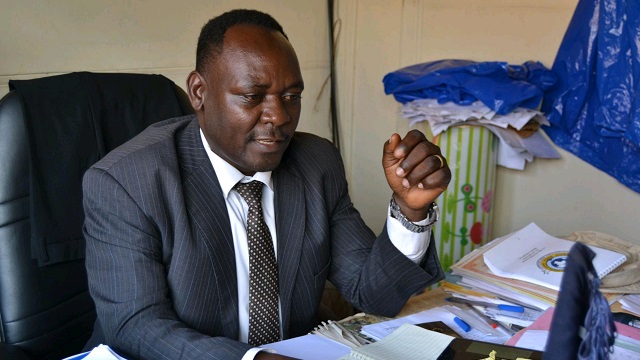
Kampala, Uganda | THE INDEPENDENT | The Criminal Investigations Directorate (CID) has blamed the judiciary for causing unnecessary delays in the trial of several cases despite the overwhelming evidence sent to court.
Charles Twine, the CID spokesperson said over the years, they have noticed that many cases whose evidence was fully gathered even before they went to court have not been heard to conclusion and keep piling.
CID cites the murder of Susan Magara, who was kidnaped, murdered, and dumped in Kigo off Entebbe Expressway on February 28, 2018, and Maria Nagirinya, a social worker who was kidnaped, killed and dumped in Mukono on August 28, 2019.
Twine says in cases like Magara and Nagirinya, detectives collected all the necessary evidence, even before the files were sanctioned by the Office of the Directorate of Public Prosecution (ODPP) for trial.
“The case of Susan Magara was expeditiously investigated and the accused were committed to High Court. In the case of Maria Nagirinya, the police expeditiously investigated this murder, assembled the evidence and the accused were committed to High Court. But once it goes to one, two, or three years without being heard, it beats our understanding. Unfortunately, some people tend to believe it is delaying. No, we did our part,” ASP Twine said.
Irene Nakimbugwe, the Deputy Spokesperson Directorate of Public Prosecution, agrees with CID that indeed the evidence was collected, suspects charged and remanded but the judiciary does not fix dates for trial or hearing of cases.
“It is true the files are there. It is true they collected the evidence. Their files have been there in our custody. It is not us to list those cases for trial. When police collect the evidence, we look through it and confirm. But for them to have a trial date, it is the judiciary. When they claim they don’t have money to do that is how years go by,” Nakimbugwe said.
CID records show by the end of 2020, 36,881 cases were pending while the year 2019 ended with 40,085 cases pending in court. In response to Twine and Nakimbugwe, Judiciary spokesperson Jameson Karemani, said the two institutions know why cases take long to be concluded despite the satisfying evidence.
Karemani reechoed cries of insufficient funding, few judges, and magistrates. He added that in the current state, one judge handles cases supposed to be handled by at least five judges.
Karemani agreed that thousands of cases have been delayed in court yet they have satisfying evidence.
When cases delay being heard according to Twine and Nakimbugwe, it risks registering a successful prosecution because sometimes witnesses died. Karemani said people should know that it’s not easy for 68 judges to deliver justice to 45 million Ugandans.
****
URN
 The Independent Uganda: You get the Truth we Pay the Price
The Independent Uganda: You get the Truth we Pay the Price


